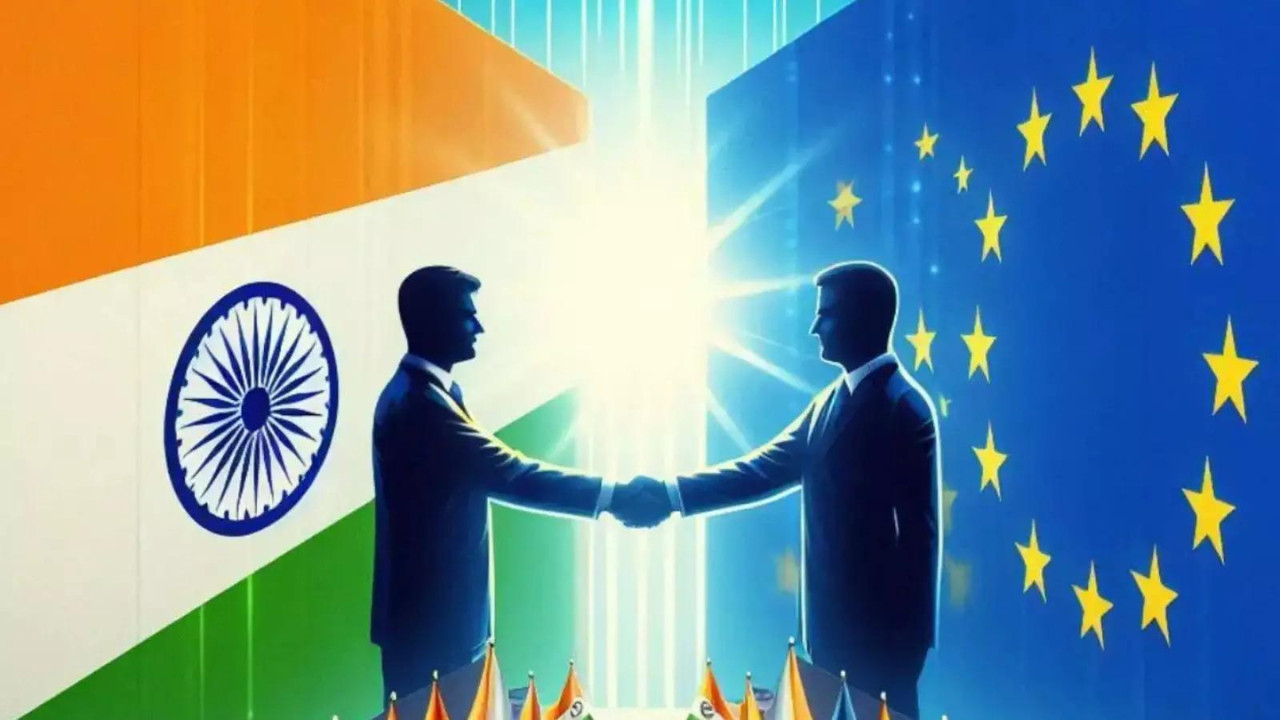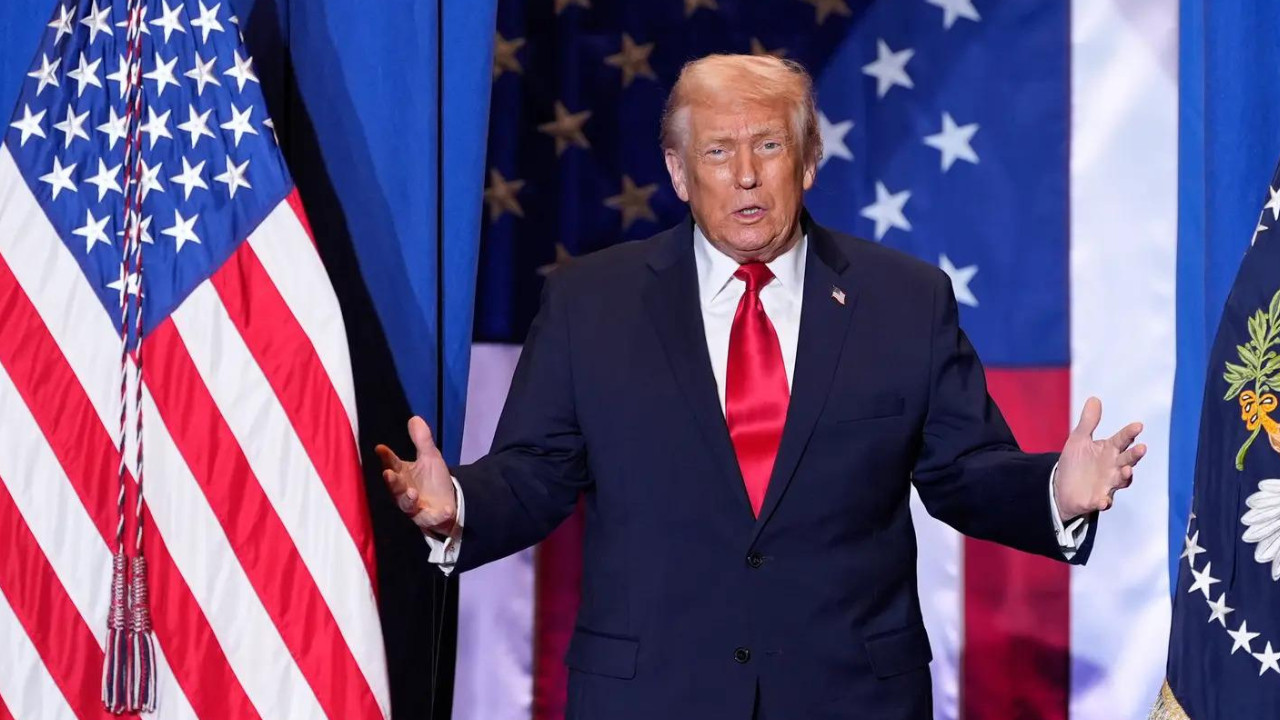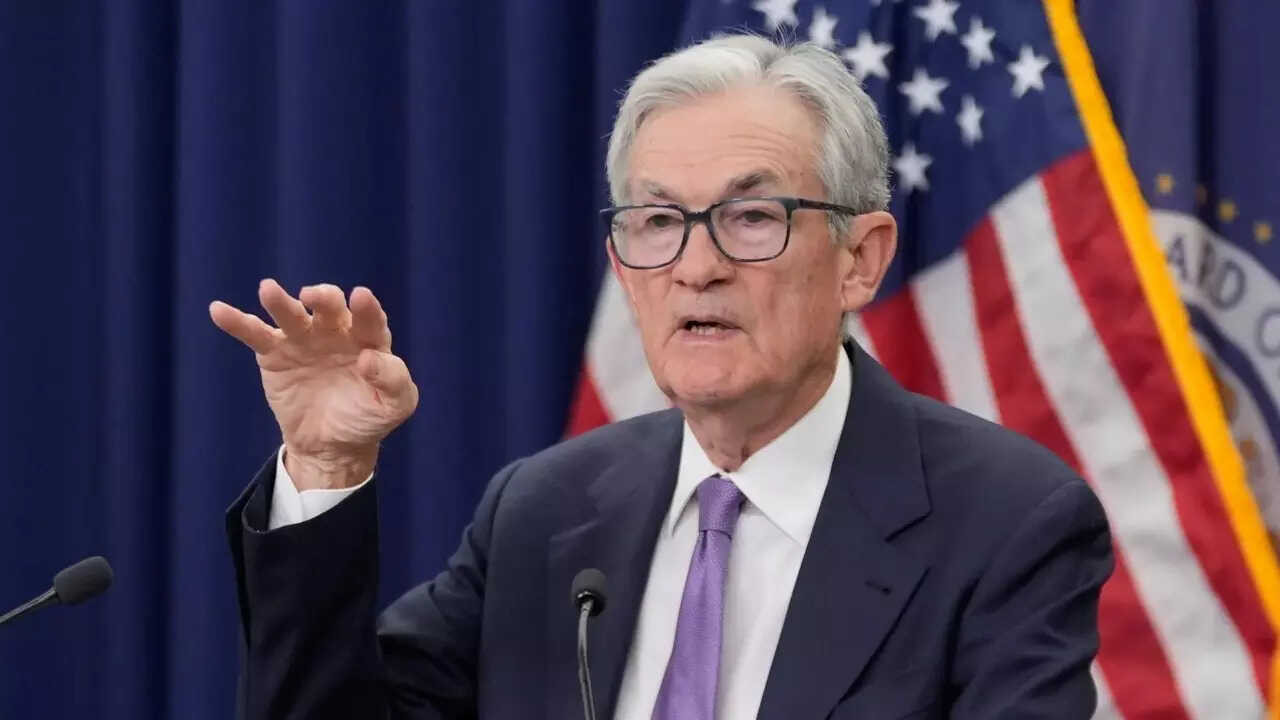Indian and European Union officials commence their 14th round of free trade agreement talks today in Brussels. These crucial negotiations aim to resolve outstanding differences for an early conclusion of the pact, designed to significantly boost bilateral commerce. Commerce Minister Piyush Goyal recently voiced optimism for a swift signing, underscoring the ongoing efforts to finalize this important trade deal.
A New Chapter Unfolds: India and EU Revive Trade Talks
After a decade-long pause, the air crackles with renewed optimism as India and the European Union officially recommence negotiations for a comprehensive free trade agreement. It’s more than just a business meeting; it’s a pivotal moment that could reshape economic partnerships between two global powerhouses. Forget dusty documents and stalled negotiations of the past. This time, the approach feels different, infused with a sense of urgency and mutual benefit.
The stakes are undeniably high. For India, this agreement represents a golden opportunity to unlock unprecedented access to the world’s largest single market, boasting over 450 million consumers. Imagine the possibilities for Indian businesses, from textiles and agricultural products to technology and pharmaceuticals. Lower tariffs and streamlined regulations could unleash a torrent of exports, injecting significant momentum into India’s burgeoning economy.
<img src="image-of-indian-and-eu-flags.jpg" alt="India and EU flags symbolizing renewed trade negotiations.”/>
Meanwhile, the EU stands to gain significantly from a stronger foothold in one of the world’s fastest-growing economies. India’s vibrant market and skilled workforce offer enticing prospects for European companies seeking to expand their operations and diversify their supply chains, particularly as geopolitical uncertainties continue to reshape the global landscape.
Why Now? The Drivers Behind the Resumption
So, what’s fueling this renewed push for collaboration? Several factors are at play. The global pandemic exposed vulnerabilities in existing supply chains, prompting both India and the EU to seek more resilient and diversified trade relationships. Moreover, the changing geopolitical landscape, including the war in Ukraine, has further underscored the need for strategic partnerships with like-minded nations. Both India and the EU share a commitment to democratic values and the rule of law, providing a solid foundation for a robust and enduring economic partnership.
Furthermore, both sides have signaled a willingness to address thorny issues that previously hindered progress. This includes areas such as intellectual property rights, data protection, and sustainable development. While challenges undoubtedly remain, the commitment to finding mutually acceptable solutions appears stronger than ever before.
The Potential Benefits of Increased Trade
Beyond the macroeconomic benefits, the agreement promises to deliver tangible advantages for businesses and consumers alike. Indian companies could gain a competitive edge in the EU market, while European consumers could benefit from access to a wider range of high-quality, affordable goods and services.
The agreement also has the potential to foster greater innovation and technological collaboration between India and the EU. By removing barriers to investment and knowledge sharing, the two sides can unlock new opportunities for joint research and development, driving progress in areas such as renewable energy, artificial intelligence, and healthcare. This deeper collaboration could also foster cross-cultural understanding and exchange, enriching societies on both sides of the globe. You can read more about similar international collaborations and India’s role in driving global innovation on our dedicated insights page.
Navigating the Road Ahead: Challenges and Opportunities
While the outlook is positive, the road to a comprehensive trade agreement is unlikely to be smooth. Both sides will need to navigate a complex web of interests and priorities, addressing concerns related to market access, regulatory alignment, and sustainable development. Successfully addressing these challenges will require flexibility, compromise, and a shared commitment to achieving a mutually beneficial outcome.
The renewed trade negotiations between India and the EU represent a significant opportunity to strengthen economic ties and foster greater cooperation between two global powerhouses. While challenges lie ahead, the potential rewards are immense. If successful, this agreement could not only boost trade and investment but also contribute to a more stable and prosperous global economy. It’s a partnership worth watching closely, a story unfolding with the promise of a brighter economic future for both India and the European Union.







